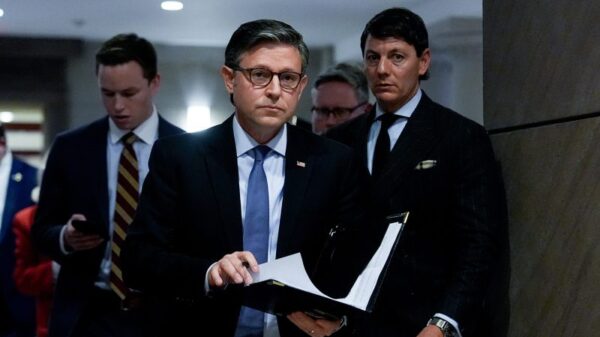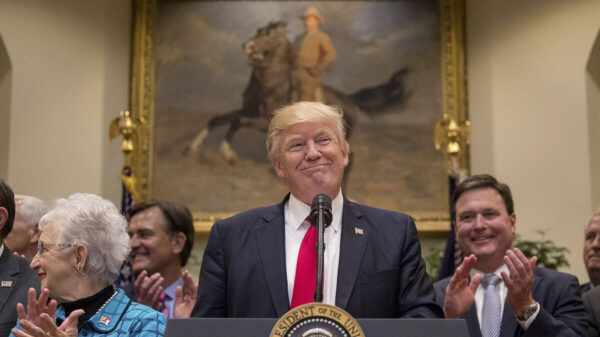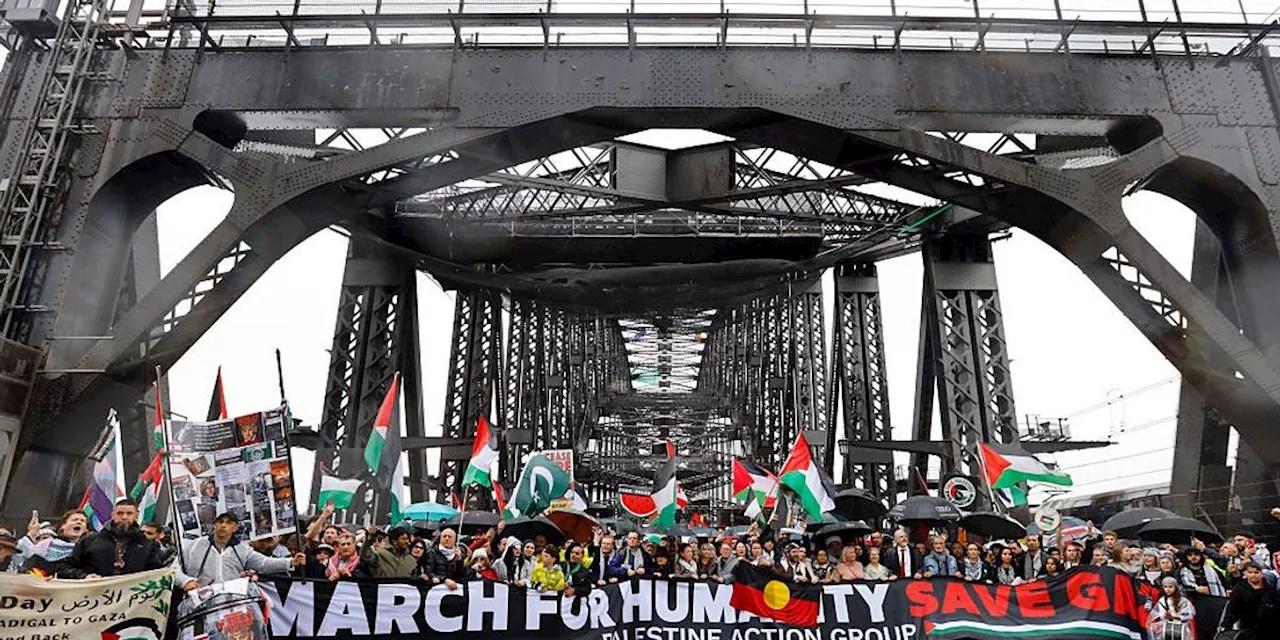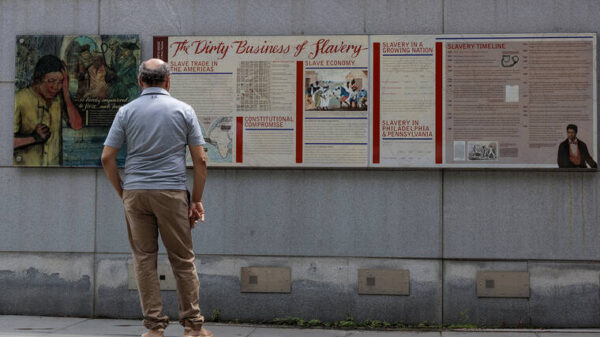The recent gathering known as the People’s Conference for Palestine has sparked significant discussion concerning its underlying intentions. While the conference was ostensibly framed as a platform for advocating Palestinian rights, many analysts argue that it serves a broader agenda aimed at undermining the influence of the United States in the Middle East.
Organized by various factions, the conference took place in October 2023 and attracted attention from political leaders and activists across the region. Speakers at the event highlighted a thirty-year plan aimed at establishing Islamic influence throughout the area. Critics contend that this strategy is less about securing a peaceful resolution for Palestine and more about dismantling Western political structures.
Unpacking the Conference’s Agenda
The rhetoric presented at the conference raised eyebrows, as key figures emphasized the necessity of a united front against perceived Western imperialism. In their speeches, leaders outlined a vision that intertwines with a long-term strategy focused on fostering Islamic governance and ideology in the region.
Notably, the conference featured representatives from various political and militant groups, which has led to speculation about the potential for increased radicalization. According to analysts, this convergence of interests could signify a shift towards more aggressive tactics in pursuit of their goals. The focus on a thirty-year timeframe suggests a deeply entrenched commitment to this agenda, raising concerns about the stability of the region.
The implications of this conference extend beyond Palestine. Observers point out that the conference’s emphasis on dismantling American influence could lead to increased tensions not just within the Middle East but also on a global scale. The importance of understanding this dynamic is critical as nations navigate their foreign policies in relation to both Palestine and broader Islamic movements.
Global Reactions and Concerns
Reactions from various governments have been mixed. Some Western nations have expressed concern over the potential ramifications of the conference, while others view it as a legitimate expression of Palestinian aspirations. The United States, in particular, has been under scrutiny, with some officials calling for a reassessment of their approach to the Israeli-Palestinian conflict in light of this newly articulated strategy.
Analysts suggest that the focus on Islamic influence will likely complicate diplomatic efforts aimed at resolving longstanding tensions in the region. The prospect of a unified Islamic front poses challenges for Western engagement, making it imperative for policymakers to reassess their strategies.
As the dust settles from the People’s Conference for Palestine, the true impact of its decisions and declarations will unfold in the coming months. The world is watching closely, as the outcomes could reshape geopolitical alliances and influence the future of peace efforts in the region. The discussions initiated at this conference may very well serve as a catalyst for significant shifts in both local and international politics.








































































